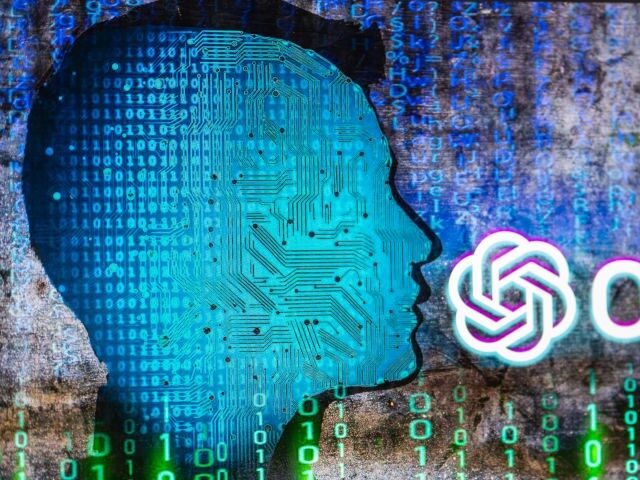Climate change alarmists have praised ChatGPT as a reliable purveyor of global warming groupthink, fruit of instructions from woke programmers.
There is an “unexpected upside” to expanding use of tools like ChatGPT, Fast Company asserts, namely that they “could teach people about climate change, and possibly shift deniers closer to accepting the overwhelming scientific consensus that global warming is happening and caused by humans.”
A recent study of ChatGPT’s interactions with more than 3,000 people on the issue of climate change led to many being convinced of the dangers of global warming, the article notes approvingly.
“Roughly a quarter of them came into the study with doubts about established climate science, and they tended to come away from their chatbot conversations a little more supportive of the scientific consensus,” it states.
“For conservatives and people with less education,” it adds, ChatGPT “tended to use words associated with negative emotions and talk about the destructive outcomes of global warming, from drought to rising seas.”
Unlike social media such as Twitter (now known as X), ChatGPT does not entertain arguments from climate change skeptics, the article observes, lamenting that last year, “posts with the hashtag #climatescam have gotten more likes and retweets on X than ones with #climatecrisis or #climateemergency.”
The study, published by Scientific Reports, which branded climate change skeptics as “deniers” and opponents of Black Lives Matter (BLM) as “racists,” lauded ChatGPT’s progressive views of social issues.
Asked about global warming, ChatGPT declares as a matter of fact that climate change is “a significant and urgent global challenge,” “a major concern,” and “undoubtedly a critical issue.”
In its analysis of the facts surrounding climate change, ChatGPT seems programmed to disregard scientific findings that challenge the prevailing narrative, such as the important “World Climate Declaration” issued last summer by a group of more than 1,600 eminent scientists, including two Nobel Prize winners.
“Climate science has degenerated into a discussion based on beliefs, not on sound self-critical science,” the scholars asserted, enumerating a number of reasons for their criticisms.
Among other things, the Declaration stated that climate models have proven inadequate for predicting global warming, that carbon dioxide (CO2) is not a pollutant, and that climate change has not increased natural disasters.
“The geological archive reveals that Earth’s climate has varied as long as the planet has existed, with natural cold and warm phases,” the Declaration noted. “The Little Ice Age ended as recently as 1850. Therefore, it is no surprise that we now are experiencing a period of warming.”
“There is no statistical evidence that global warming is intensifying hurricanes, floods, droughts and suchlike natural disasters, or making them more frequent,” it argues, whereas there is ample evidence “that CO2-mitigation measures are as damaging as they are costly.”
ChatGPT was developed by the AI research group OpenAI, founded by Sam Altman, Elon Musk, Peter Thiel, Reid Hoffman, and Jessica Livingston. Despite its claims to fact-based impartiality, it has been found to display an evident leftist political bias.

COMMENTS
Please let us know if you're having issues with commenting.